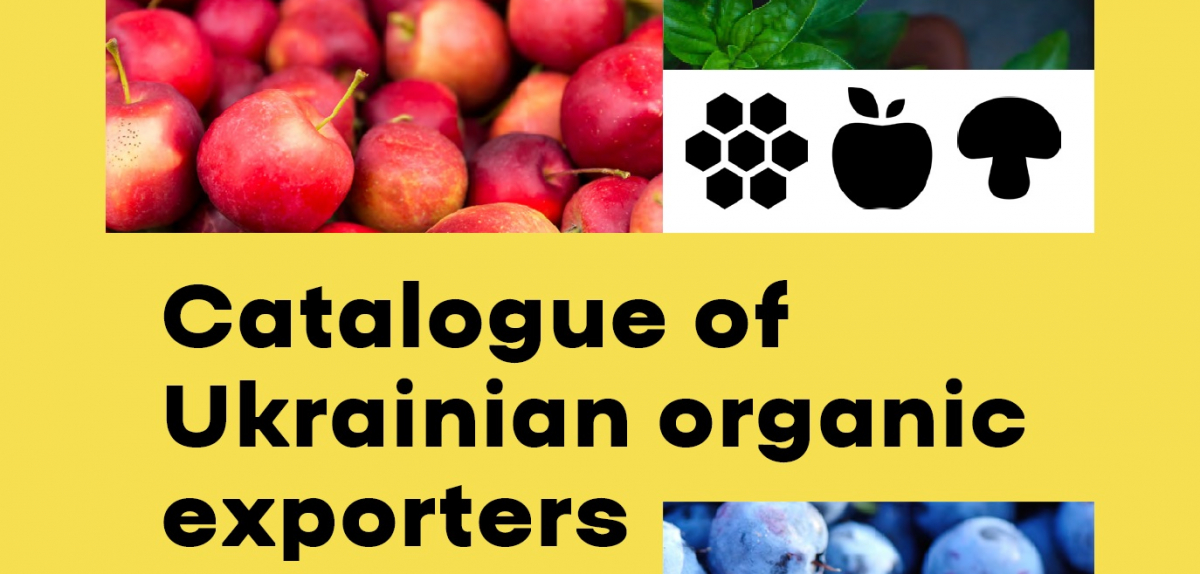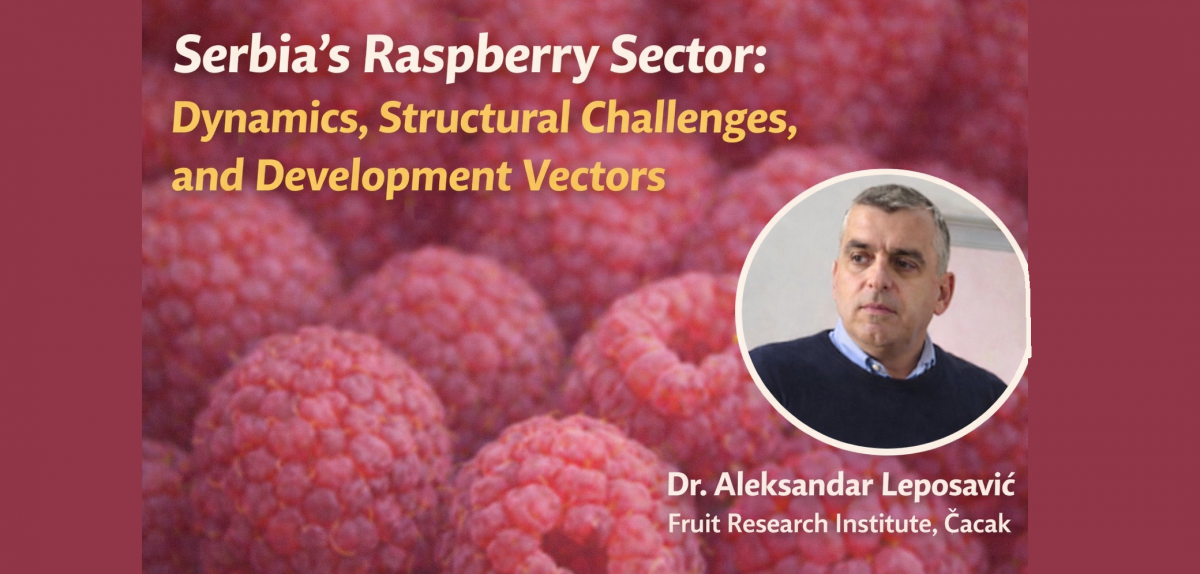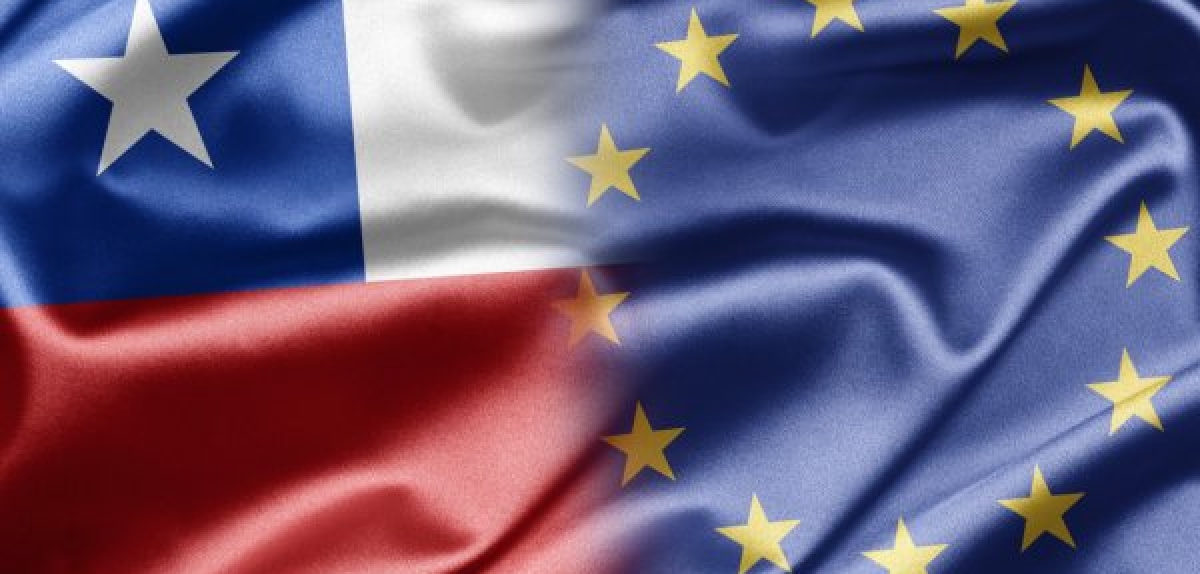
Chile’s Agricultural and Livestock Service (SAG) already operates electronically with Mexico, Peru, Colombia, Argentina, Sri Lanka and the U.S. This has resulted electronic phytosanitary certification representing around 70% of total annual phytosanitary certification.
The sanitary certification systems in Chile and countries in the European Union will be connected in September using a paperless system covering all movements of plant based products. This was announced by the Agriculture Minister, Antonio Walker, who welcomed the news.
"We are offering our producers tremendous progress, as it not only represents an easier way of trading with the European Union, which is an attractive market, but specifically saves costs, which in the current difficult period is undoubtedly appreciated,” explained the Minister.
Collaboration between the two markets began in May this year, when the first exchanges of electronic phytosanitary certificates (called ePhyto documents) were initiated using a transmission system called HUB/IPPC. This connection was finalized today with the launch of live transactions.
SAG National Director, Horacio Bórquez, stated that "the Agriculture and Livestock Service has placed special emphasis this year on speeding up electronic certification with as many countries as possible, particularly markets as diverse as Sri Lanka, which joined the paperless system in August this year and the European Union which joined today.
"Although trade has not stopped, we need to make it more dynamic, so we are using technology to streamline these procedures. Today there are 26 countries that have joined Chile’s paperless system, which fulfills a desire that will surely be very welcome both for Chilean exporters and the Agriculture and Livestock Service," he said.
The system will be available for all phytosanitary export certificates with all European Union countries as their final destination, except for the Netherlands during the first stage. This country is expected to join the paperless certification system between the European Union and Chile at the end of the year.
The incorporation of the European Union, plus all the electronic certification agreements FreshFruitPortal.com signed during 2020, has resulted in electronic phytosanitary certification representing about 70% of total annual phytosanitary certification. This has been achieved by very few countries worldwide.
The European Union is the third largest destination for Chilean exports, after the U.S. and China, which represent 14% of total exports, most of which are shipped from the port of San Antonio. Fresh apples were the main export crop in 2019 and 2020.

 En
En  Укр
Укр 


